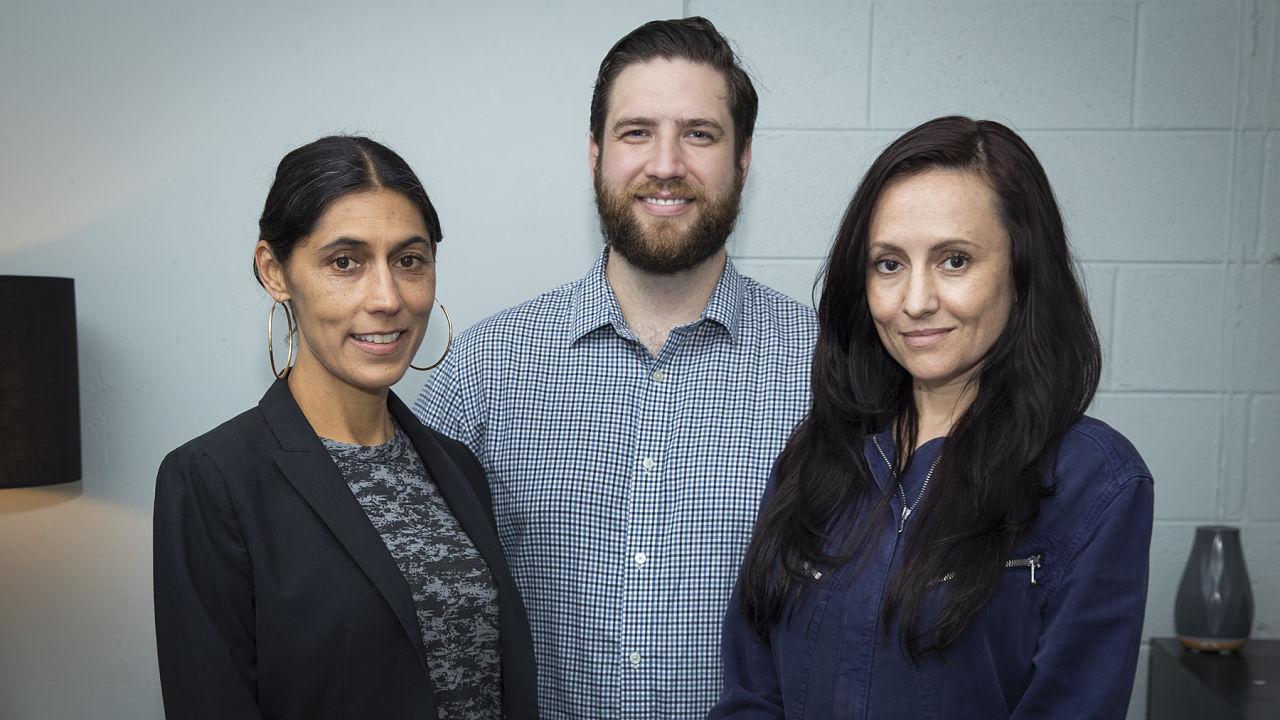Student-led research explores how patients access mental health care
A research paper led by a senior Tulane University School of Medicine student was recently published by Psychiatric Quarterly, a well-respected journal in the field. The paper examines how patients experiencing first episodes of psychosis sought medical care in the New Orleans community, and was co-authored by 4th year student Spencer Steadman and 3rd year student Hannah Samberg, along with Ashley Weiss, DO, Director of Medical Student Education in psychiatry, and Serena Chaudhry, DSW, Clinical Director of EPIC-NOLA.
Weiss developed and founded the Early Psychosis Intervention Clinic (EPIC-NOLA) in August 2015, which is focused on providing comprehensive care for adolescents and young adults experiencing their first episode of psychosis associated with emergence of severe mental illnesses, mainly illnesses on the schizophrenia-spectrum. The clinic aims to reach patients sooner - because the shorter the duration of untreated psychosis, the better the clinical prognosis for recovery.
For this analysis, the authors examined both where patients went for treatment and who helped them in that process. People in the process are important, because in the United States patients went through, on average, about 1 and a half years of psychotic symptoms before receiving the necessary care they require. The study found most patients experienced at least two psychotic episodes before accessing care through EPIC-NOLA. If treatment at EPIC-NOLA was part of a person’s first help-seeking episode, the greater chance at engagement with the program, which translated into increased chances for a recovery.
“Our goal with EPIC-NOLA is to have a place where young people can be seen, heard and not stigmatized,” said Weiss. “Having people seek out help on their own, before losing insight, is a long-term goa - and we want EPIC-NOLA to be the place that can happen. Even if a person does require inpatient stabilization, EPIC-NOLA is the still the right place for referral given our strategic clinical focus on recovery from psychosis.”
The EPIC-NOLA team is already implementing the results of this study to develop more targeted and direct outreach methods for adolescents and young adults through the organization’s Clear Answers to Louisiana Mental Health (CALM) initiative. The hope is that people of all ages know about psychosis, and that EPIC-NOLA is available in case one of their loved ones is struggling with what could turn into a serious mental health condition.
“One of the standout findings from this analysis is that patients who are supported by their families - or other people who are close to them - have a significantly decreased duration of untreated psychosis,” said Steadman. “When people are educated about psychosis and/or have a higher number of individuals involved in their life, they are more likel to get the help they need sooner and recover at a faster pace.”

